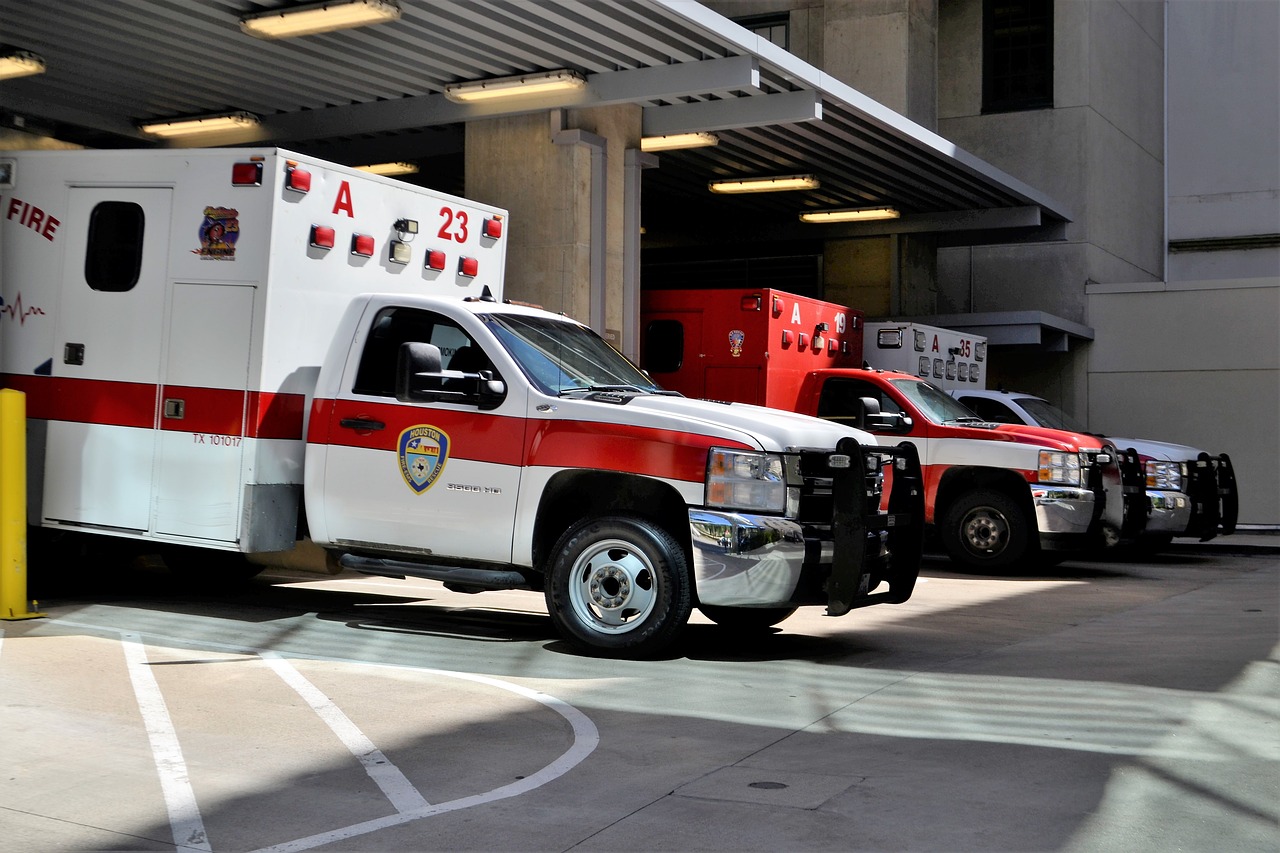My nose started running about a week before the sledgehammer hit. Then came a chesty cough, not yet as serious as the one that had my wife wheezing but I was worried that I’d soon catch up with her. I didn’t usually develop severe upper respiratory problems but as you probably know, for someone with multiple sclerosis, even a little cold can pack a big punch. It soon did.
I’d been bragging about my improved nighttime bladder control, and then suddenly I found myself waking up two or three times a night again for bathroom trips. It didn’t help things that our dog had recently taken to rising at the crack of dawn to eat because he really likes his new food. And it certainly didn’t help that the weather on Maryland’s Atlantic coast had turned biting cold. It was either sunny with a windchill in the teens or warmer with clouds, rain, and winds blowing 15-20 miles per hour off the ocean. I’d get chilled either way, and I overcompensated by cranking up the heat in our apartment and wearing a turtleneck inside. Then, I’d overheat.
The hammer drops
The sledgehammer hit the Friday before Christmas. My cough was getting worse. I was tired and dehydrated. My legs were weaker than usual, and I even had some cog fog. I hadn’t felt this way since about two months after my first round of Lemtrada (alemtuzumab). Finally, I listened to my body and put myself into bed. That helped me feel well enough to make the three-hour drive to see our grandkids for Christmas, something I didn’t want to miss.
But after returning home, with only a few days to get ready to travel to Florida for three months, I went downhill again. My hacking cough was still with me, giving me short coughing fits. But this time when I’d begin to cough, I’d sometimes have to think about the activity and gather the lung strength to accomplish it.
This was the situation I was in as I walked to our condo after tiring myself helping to load the car for the trip to Florida the following day. I started coughing, but this time I couldn’t complete the cough. It felt as if I was trapped between inhaling and exhaling. I had a lung-full of air, but I couldn’t get it out. I could barely speak, and I felt as if I was gagging.
Time for calling 9-1-1?
My wife, Laura, told me to lie down and I slid to the floor. In that position, I could move a small amount of air through my nose, but nothing through my mouth. She asked me twice if she should call 9-1-1 but I shook my head, “No.” I figured I didn’t need them as long as I could move air. Over the next five minutes, my nasal breathing slowly improved, followed five minutes later by oral breaths and speech. I was scared and probably should have called the medics. It was close. Laura says I now know what a severe asthma attack can feel like.
Was this MS-related?
Interestingly, the day this happened to me Professor Gavin Giovannoni was writing in the Barts-MS blog about something similar. He reported on a Norwegian study that showed that people with MS are much more susceptible to complications from the flu than the average person. He pointed out that, among other things, people with advanced MS may “have weakened respiratory muscles” and “on average pwMS have reduced resilience to infections.”
While I don’t consider myself to have advanced MS, his post made me wonder about my respiratory muscles. My neuro doesn’t think that my trouble breathing was MS-related and, now that I’m feeling better, I’m guessing that she was right.
Florida is great medicine
I’ve never been so glad to get to Florida. Even after three hard days on the road, the moment I got out of the car my entire body started to feel better. My hips, which had ached for months, are hardly bothering me. My cog fog is gone, my energy is back, and I’m walking more than I have in months. I even slept a full seven hours the other night — no trip to the loo. I know it sounds crazy, but my wife says her medical ills also feel better. Even the dog has more pep to his step.
So, how do I document three months in southwest Florida every winter as a tax-deductible medical treatment?
(A version of this post first appeared as my column on the Multiple Sclerosis News Today website).
(Featured image by F. Muhammad from Pixabay)



